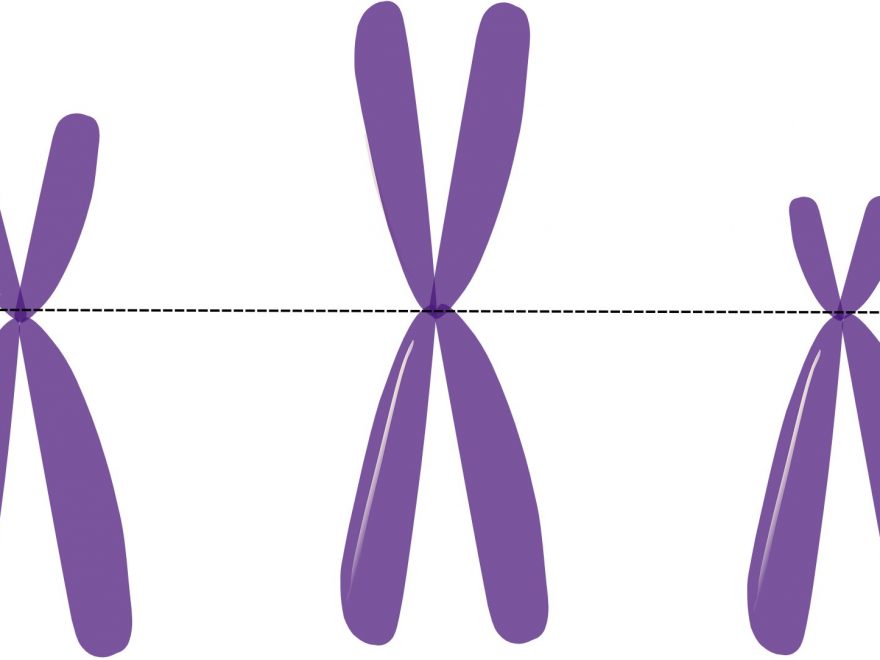
An international team of researchers has identified multiple X chromosomes that likely contribute to infertility in men. In their paper published in The American Journal of Human Genetics, the researchers describe how they conducted genetic sequencing on genes from male patients suffering from infertility and compared them to sequences from men who were not suffering from infertility to identify differences.
As the researchers note, while prior research has shown that X chromosomes play a role in male fitness, their role in spermatogenesis has been largely ignored—just three X chromosomes have been identified as having diagnostic value. In this new effort, the researchers took a close look at X chromosomes in male patients suffering from two types of male infertility; azoospermia and cryptozoospermia—the former involves patients who have sperm motility problems and the latter involves patients who produce little to no sperm.
The work by the researchers involved conducting X chromosome sequencing on samples collected from 2,350 male patients suffering from either azoospermia or cryptozoospermia, unattributable to non-genetic sources. The researchers then compared the results of their sequencing with X chromosomes from male patients not suffering from any fertility issues. In so doing, they were able to identify 21 genes that they could associate with male infertility problems and 34 other genes that they described as having more modest associations. The researchers note that their work also allowed them to identify several pathogenic variants with varying degrees of significance that have been linked with genes identified in the past as having an association with male infertility.
The researchers then sequenced samples from another 265 male patients with either azoospermia or cryptozoospermia, this time focusing their attention on the strongest associations they had found in the first part of their study. In so doing, they were able to identify specific variants in approximately six genes in nine of the patients. They also looked for similar types of variants in male fruit flies with fertility problems, looking for examples of the RBBP7 variant specifically, because it was the most common in men—they found it was also the most common in the fruit flies.
Source: Read Full Article
